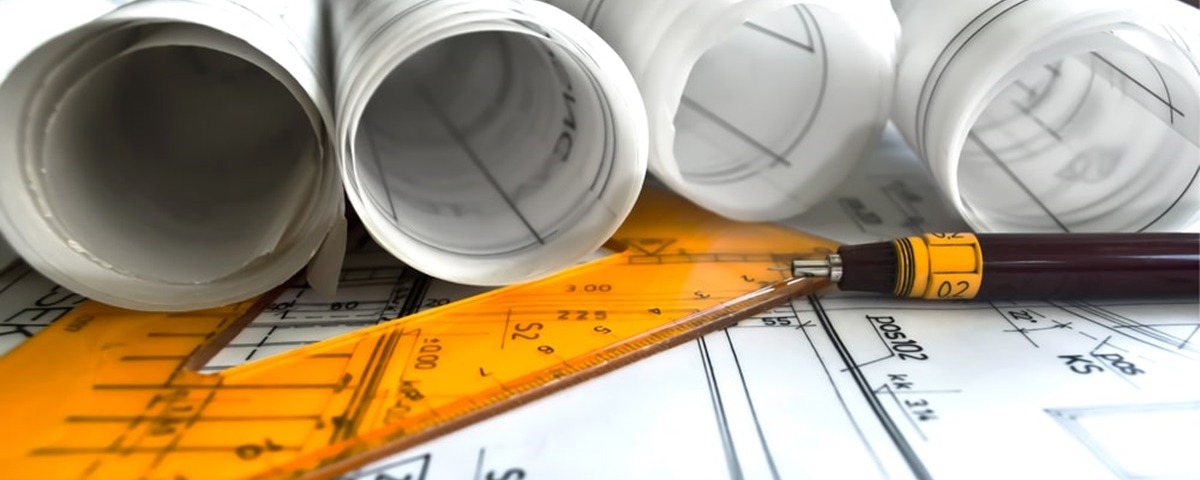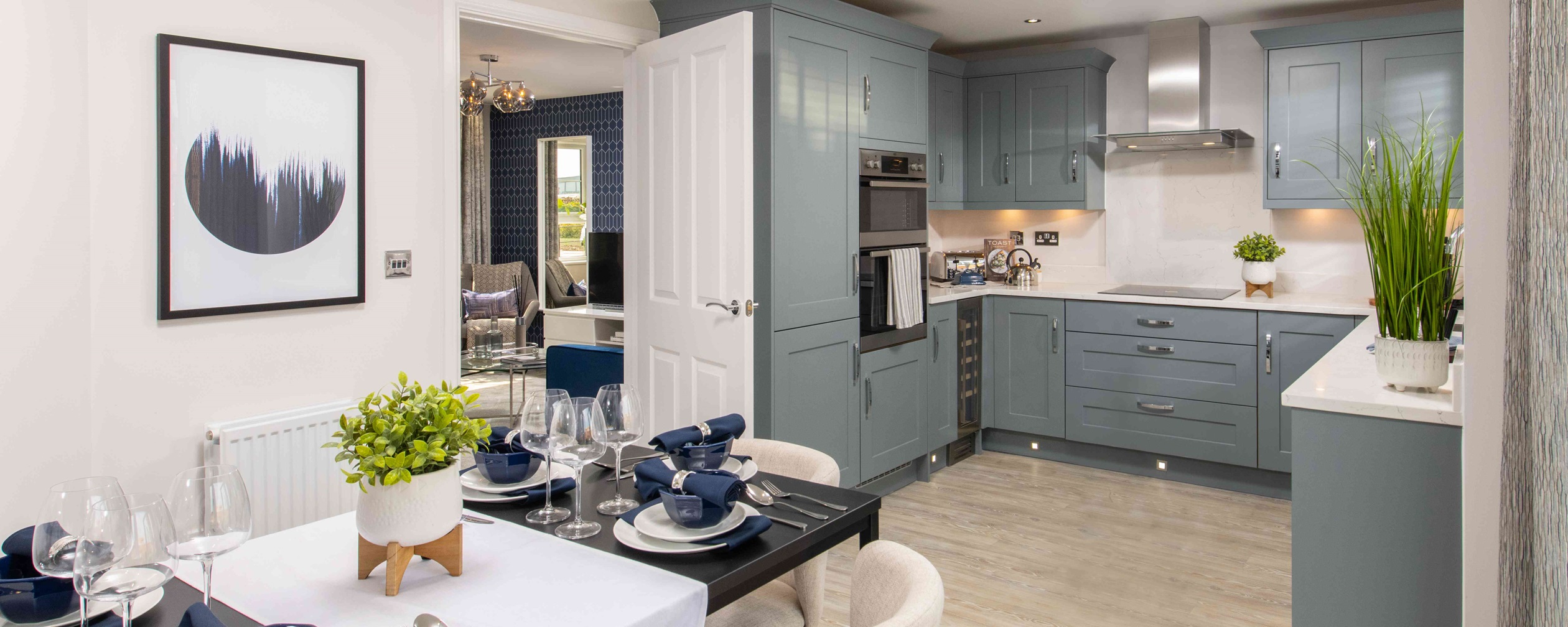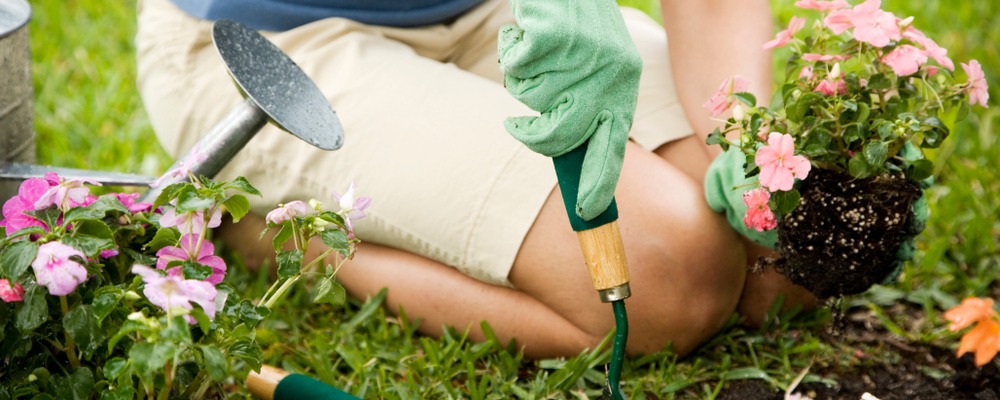
Whether you’re planning a bathroom makeover or want to improve your water pressure, the shower is an integral part of your space. Our guide explores the different types of showers, from electric to digital, to ensure you have the right design for your home.
Key Takeaways
Electric showers
• Use electricity to heat water instantly
• Are ideal for homes with a limited hot water supply
Mixer showers
• Combine hot and cold water to achieve the desired temperature
• Are suitable for most plumbing systems
Power showers
• Boost water pressure using an integrated pump
• Deliver strong, invigorating showers
Digital and smart showers
• Precise temperature control via digital interface
• Can be remotely operated
What is shower pressure?
Water pressure is the force that pushes water through your pipework and into your bathroom. It’s measured in bars, with one bar being the force needed to push the water 10 metres high. Every regional water company must provide a minimum amount of water pressure, and this may vary depending on your location, how hilly it is and how much water your neighbours draw.
Water pressure can also vary from room to room and even at different times of the day.
How to check and improve your water pressure
If you don’t want to call a professional, you can check the water pressure yourself. Place a one-litre measuring jug under the shower and run the water. If it takes longer than six seconds to fill up, you have low water pressure.
There are a few things you can do to improve your shower’s water pressure:
• Clean your showerhead thoroughly
• Ensure the shower hose is not damaged, then check the filter
• Check that the shower isolators are turned on fully, as these can slow the water flow if they’re off
The main types of showers
Discover the main types of showers below.
1. Electric showers
Best for: Homes with a combi-boiler
The most versatile shower type, electric showers are compact, easy to install and don’t require hot water from your boiler to work. They use cold water directly from the mains, heating it instantly with a built-in device while the shower is running.
| Pros | Cons |
| You won’t run out of hot water, as electric showers produce it for you on demand. |
Electric showers rely on good water pressure, so if you have low water pressure, they may not be powerful enough. |
| They only heat the water you use, reducing wastage. | They won’t work if a power cut occurs. |
| They have a lower flow rate than pump-assisted showers, so if you're on a water meter, you can lower your water bill. |
2. Mixer showers
Best for: Gravity-fed water systems or homes with a large hot water supply
Mixer showers are another common shower type in many households. They mix hot and cold water before pumping it through your showerhead, meaning they need an existing source of hot water to work. They use a gas boiler to heat the water, so they’ll keep working in the event of a power cut.
| Pros | Cons |
| They’re easy to install and maintain. |
They may experience sudden temperature changes if water is used somewhere else in the house. |
| They’re available in many styles to suit your bathroom’s design. |
If you have low water pressure, you may need to fit a shower pump. |
| They don’t require electricity, so you can keep using them if a power cut occurs. |
3. Power showers
Best for: Homes with low water pressure
Power showers are a great compromise between electric and mixer showers. They take hot water from a cylinder that is typically heated by a boiler and mix it with cold water from your feed.
| Pros | Cons |
| They’re easy to install and replace if they break. They’re also cheaper than other shower types. |
They tend to use more water than other types, increasing wastage and utility bills. |
| They instantly increase the flow rate for a better shower experience. |
|
| Thermostatic valve options are available. |
4. Digital and smart showers
Best for: Anyone looking to improve their bathroom’s look and functionality
Digital and smart showers are the ultimate tech upgrade, providing accurate temperature control with a simple touch. The former controls temperature electronically, while the latter can be synced with your Amazon Alexa or Google Home Hub. They feature a control panel that lets you adjust the temperature by degree and adapt it to every household member.
| Pros | Cons |
| You’re guaranteed a perfect shower every time. |
They require more space and can be tricky to install. |
| They help you save water, as you can pre-programme the shower duration. |
They’re more expensive than most shower types. |
| Most have integrated cleaning functions, so you won’t have to worry about limescale. |
They won’t work if a power cut occurs. |
Which type of shower should you choose?
When choosing the ideal shower for your bathroom, ask yourself the following questions:
• What type of boiler do I have? – Combi boilers and older gravity-fed systems need different shower types.
• How is my water pressure? – If it’s low, you can boost it easily, while if you use mains pressure, you won’t have a problem.
• How big is the boiler tank? – If you often run out of water, electric showers are your best pick.
Ready to get onto the housing ladder? Explore our energy-efficient properties across the UK and fantastic offers to help you move.
Call or visit our Sales Advisers today to kickstart your homebuying journey.


